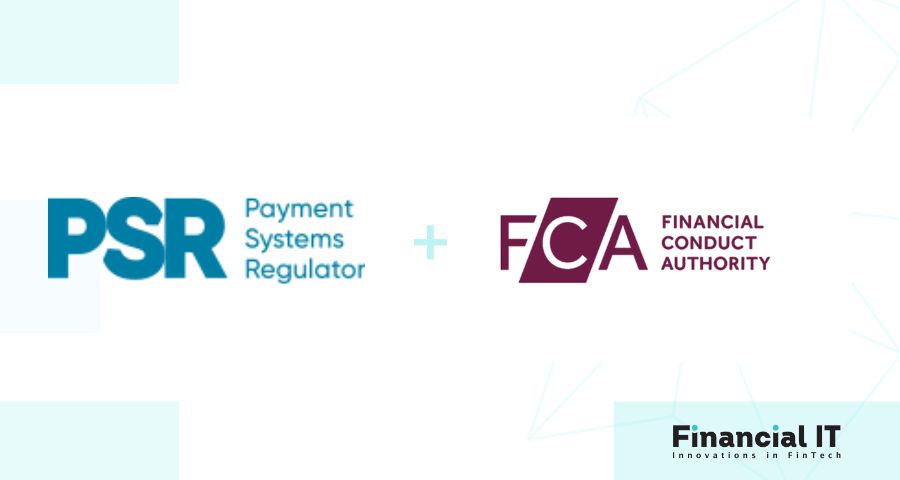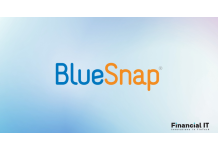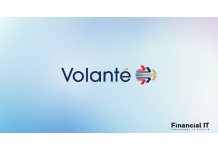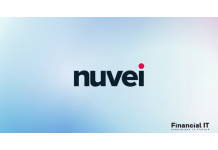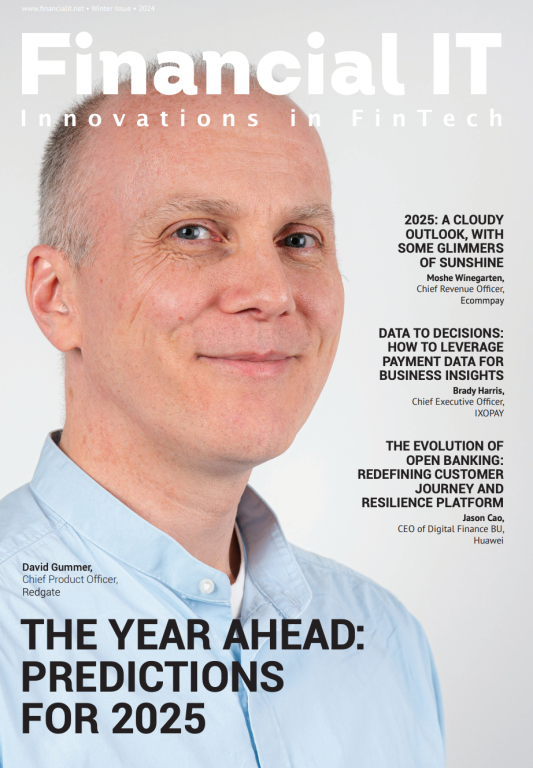Transcard Expands Into Canada With B2B and B2C Payment...
- 10.01.2025 03:35 pm
CFPB Seeks Input on Digital Payment Privacy and...
- 10.01.2025 03:05 pm
FV Bank Adds PayPal’s PYUSD Stablecoin to Direct...
- 09.01.2025 03:35 pm
MarginEdge Selects BlueSnap as North American...
- 09.01.2025 03:25 pm
Introducing Adyen Uplift: The Payment Solution...
- 09.01.2025 03:25 pm
Arf and LuLu Financial Holdings Announce Strategic...
- 09.01.2025 10:10 am
Nium Launches Diners Club International® Card,...
- 09.01.2025 08:35 am
International's Digital Payment Solution to Power...
- 08.01.2025 11:45 am
Volante Technologies Recognized as a Global Market...
- 08.01.2025 09:25 am
Nuvei Enters Strategic Partnership With Gaming...
- 08.01.2025 09:15 am
PXP Appoints Alex Apergis as Chief Revenue Officer and...
- 08.01.2025 08:25 am
Checkout.com and Noqodi Collaborate to Revolutionize...
- 07.01.2025 11:05 am

